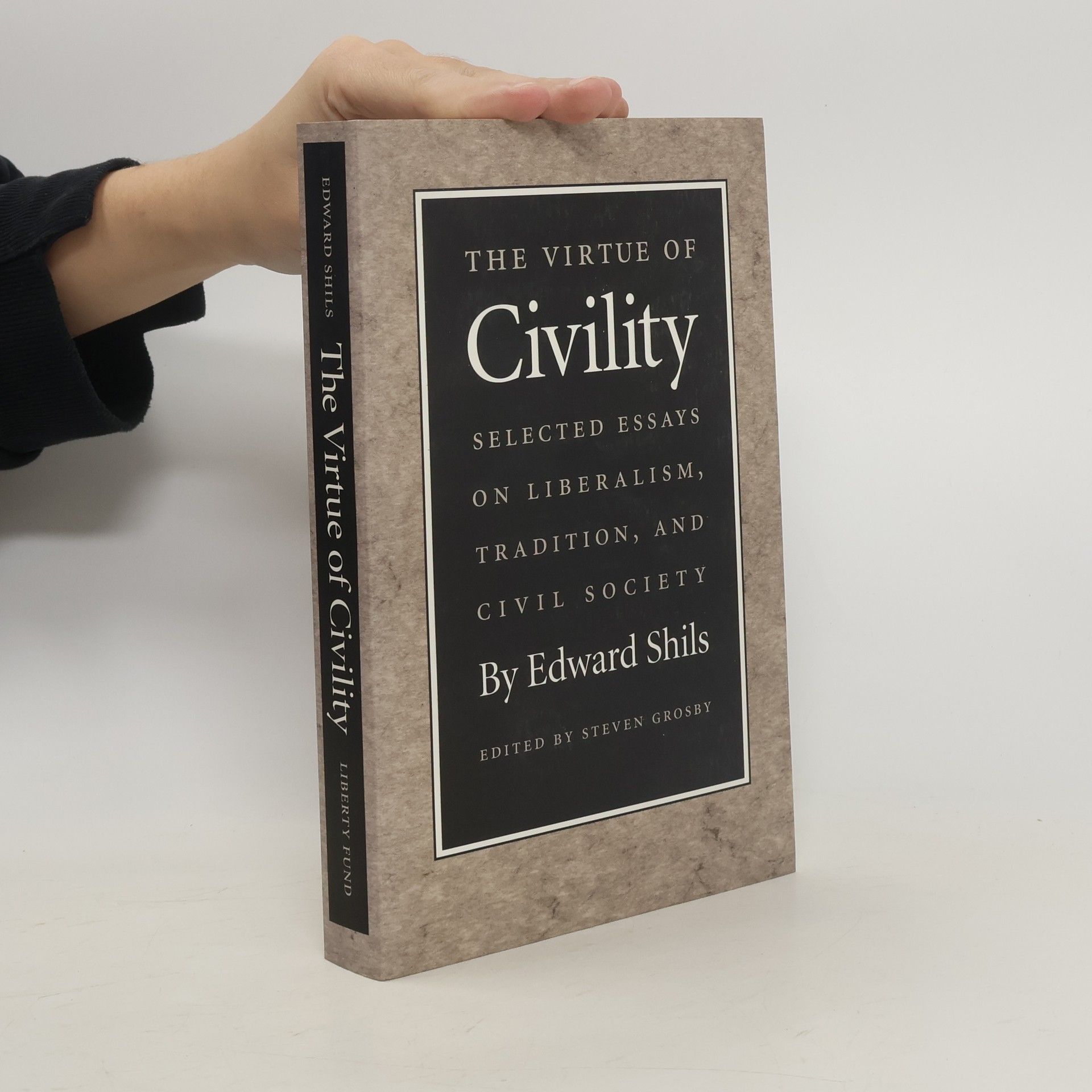Edward Shils was one of the leading intellectual defenders of freedom in the twentieth century. In these nine essays, he explores the importance of civility and tradition to a free society. The essays’ significance is enormous, for Shils was one of the first and assuredly one of the most courageous writers to examine the nature of civility and civil society and their relation to a free, ordered, liberal democratic society. Edward Shils (1910–1995) was Professor of Sociology and Social Thought at the University of Chicago and Honorary Fellow at Peterhouse, Cambridge. Steven Grosby is an Associate Professor at Clemson University.
Edward Shils Bücher
1. Juli 1910 – 23. Jänner 1995


Mass Media
- 341 Seiten
- 12 Lesestunden